
4 min read
The Warmth of Wellbeing: Improving Thermal Comfort at Home
Discover the impact of optimizing your home's temperature, humidity and airflow on your overall health.
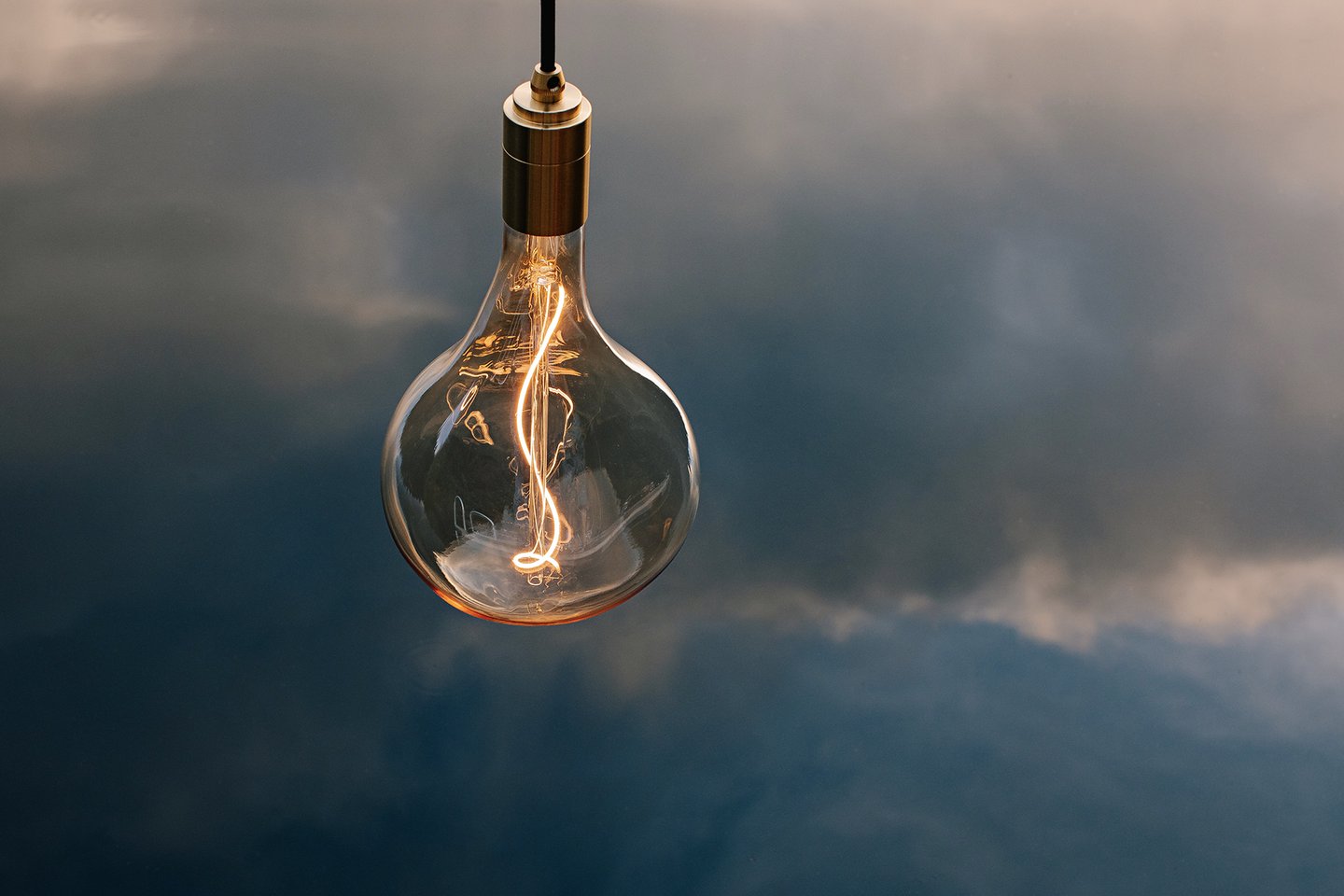
4 min read
We examine energy-saving strategies, illuminating their importance for home sustainability, boosting wellbeing and promoting the adoption of energy-conserving behaviors.
Home energy efficiency measures support not only environmental health but also occupant wellbeing. The International Energy Agency highlights that maintaining ideal temperature, humidity and air quality in your home can mitigate allergies and respiratory issues, elevate mental health and relieve the financial burden of fuel poverty. Progressive energy changes in your home can yield a 40 to 50% return in efficiency, potentially balancing or even neutralizing your home’s carbon footprint. You just might feel better, too.
In Part one of WLLW’s energy efficiency series, we’ll explore smart home technologies, healthy lighting, water conservation, appliance efficiency and behavioral changes that contribute to well-maintained and sustainable living spaces. Let’s dive in.
Even the simplest of homes require energy to function. The pursuit of energy efficiency in the modern household is not a call for austerity but a strategy for optimization. Homes rely on energy for warmth, light and the provision of water – the essentials of daily life. While we can’t escape our reliance on energy, adopting sensible retrofits and behavioral changes can help us use it more efficiently, reducing our energy consumption without sacrificing comfort.
Before making significant changes, it’s often beneficial to conduct an energy audit to understand your home's current efficiency levels. Large savings can be achieved by working with a home energy assessor, who will perform a comprehensive audit of your whole house using special tools to measure output, and will then provide tailored recommendations for improvements.
If you're interested in engaging with an energy assessor in your area, please get in touch with our colleagues at WLLW Studio, and one of our consultants will be happy to provide a recommendation.

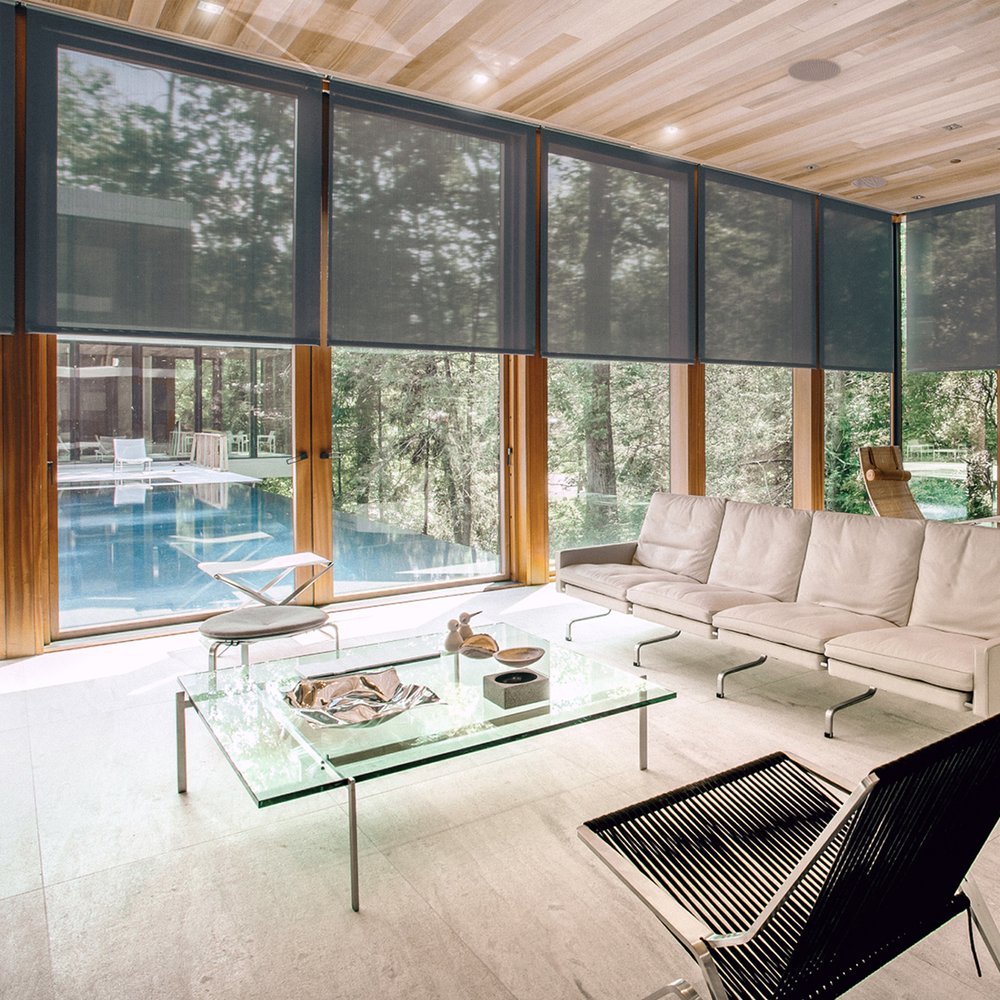
"The pursuit of energy efficiency in the modern household is not a call for austerity but a strategy for optimization."
Boosting your home's energy efficiency IQ begins with integrating smart technology. Also known as 'domotics’, this tech encompasses a suite of devices, appliances and systems that connect and communicate with each other to make your home more energy efficient. For example, your blinds could automatically lower during peak sunlight hours to assist with cooling efforts. The use of smart plugs can help monitor energy usage for each outlet and turn off power to appliances when they're not in use. Programmable thermostats can come with geofencing features that adjust your home's temperature based on your location.
Home control centers like smart meters and energy manager apps can help to create a connected energy ecosystem that can be optimized as a whole. They also allow you to become intimately acquainted with your Indoor Environmental Quality (IEQ) – a holistic calibration of thermal comfort, acoustics, lighting and airflow.
The benefits of smart home technology:

Switching to energy-conserving lighting is one of the simplest steps towards a more efficient home. Lighting consumes about 15% of the average household's electricity use, making it an easy place to cut energy consumption.
The US implemented energy efficiency regulations in 2023 that require households to use bulbs that meet higher efficiency standards in new homes – specifically light-emitting diode (LED) bulbs, which illuminate 90% more efficiently than their incandescent predecessors. Where longevity is often the key to efficiency, LED bulbs can last up to 25,000 hours or more, significantly outpacing traditional incandescent bulbs at around 1,000 hours, meaning fewer replacements.
Water conservation at home is becoming increasingly vital, particularly as droughts across the United States become more frequent, longer and more severe as a result of climate change. Homes that use water-efficient measures such as low-flow faucets, showerheads and toilets can cut the gallons per minute expelled to half that of a standard fixture. The Environmental Protection Agency recommends looking for WaterSense labeled fixtures. They estimate that this one small change alone, when implemented throughout the home, can save a household up to 13,000 gallons of water annually.
Integrating smart bathroom fixtures can further enhance water efficiency, offering automated adjustments that tailor water use to household needs. A leak detection system serves as an additional safeguard, promptly detecting and notifying homeowners of leaks to prevent water waste and contribute to the efficiency of a home's overall water usage.
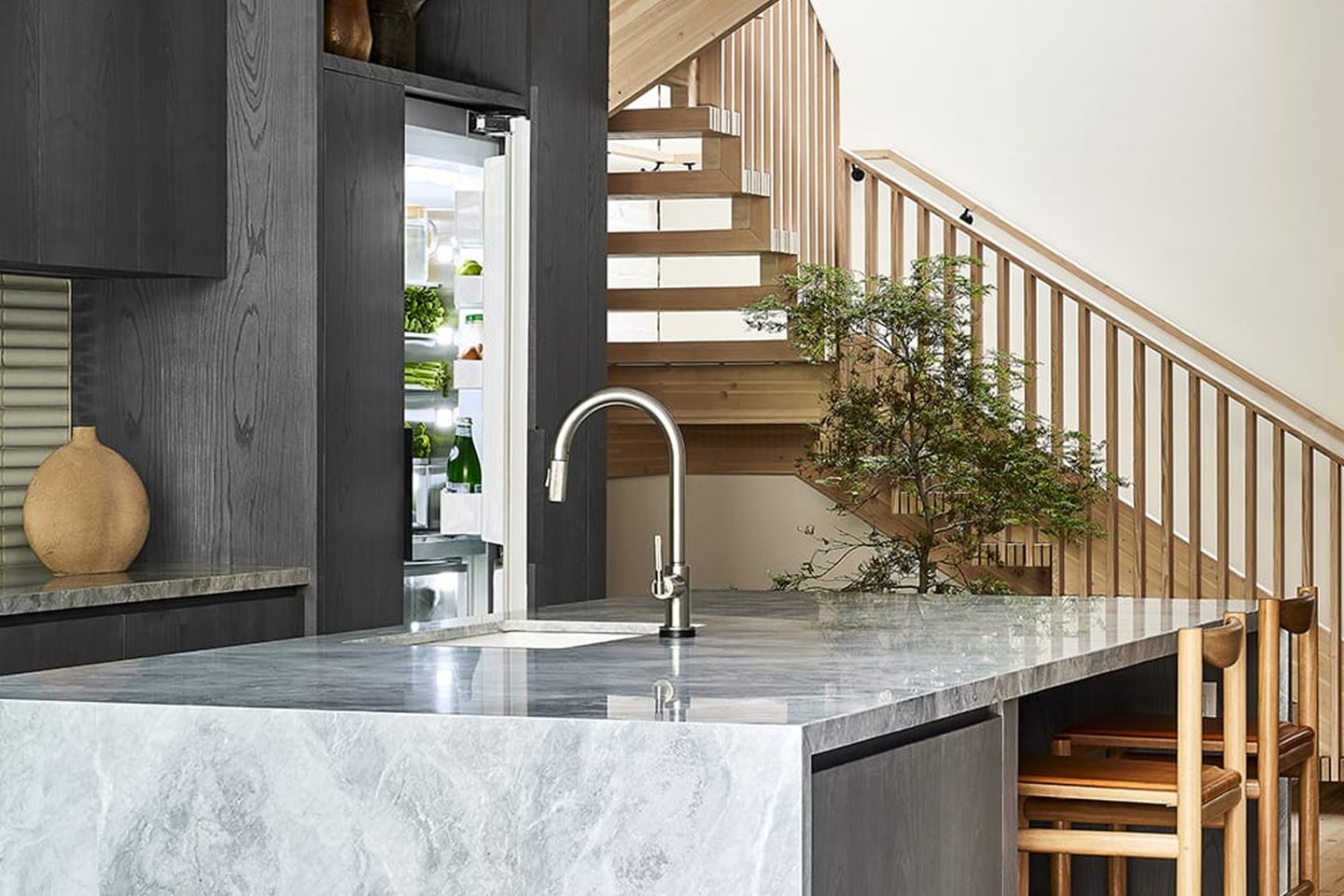
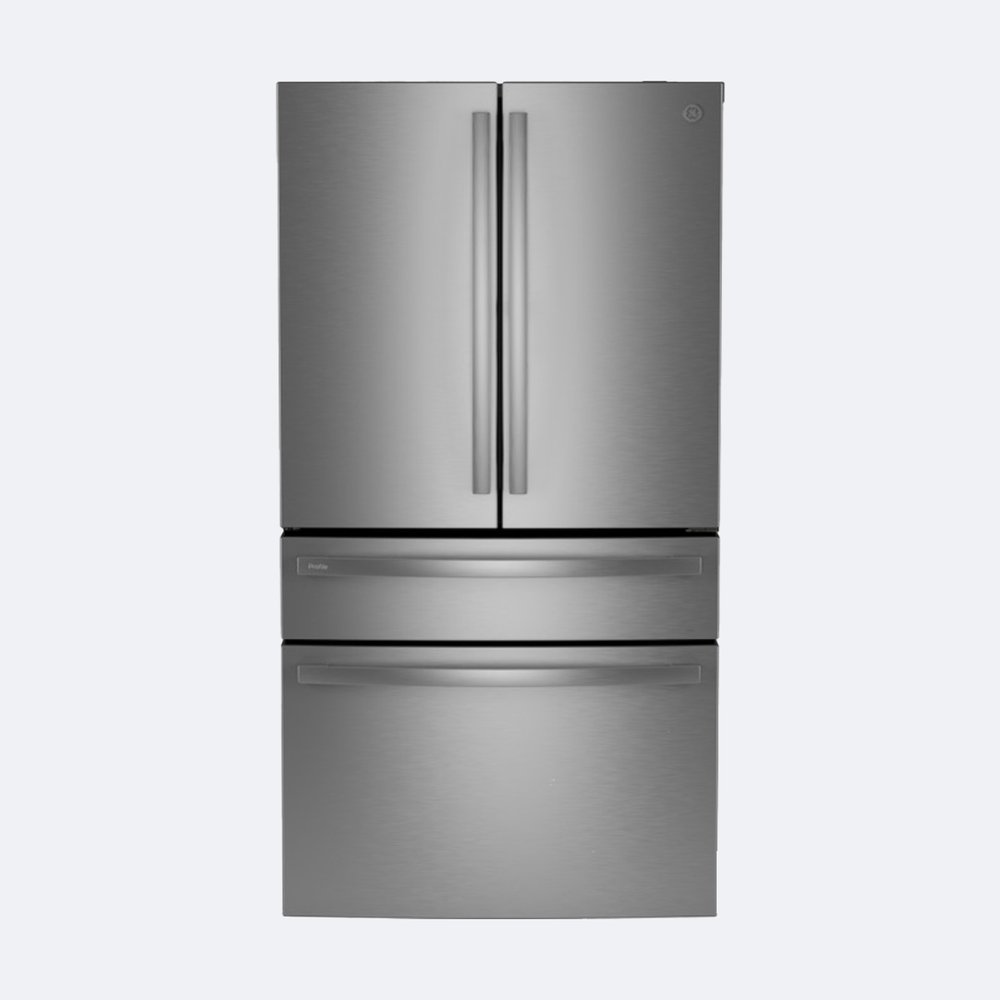
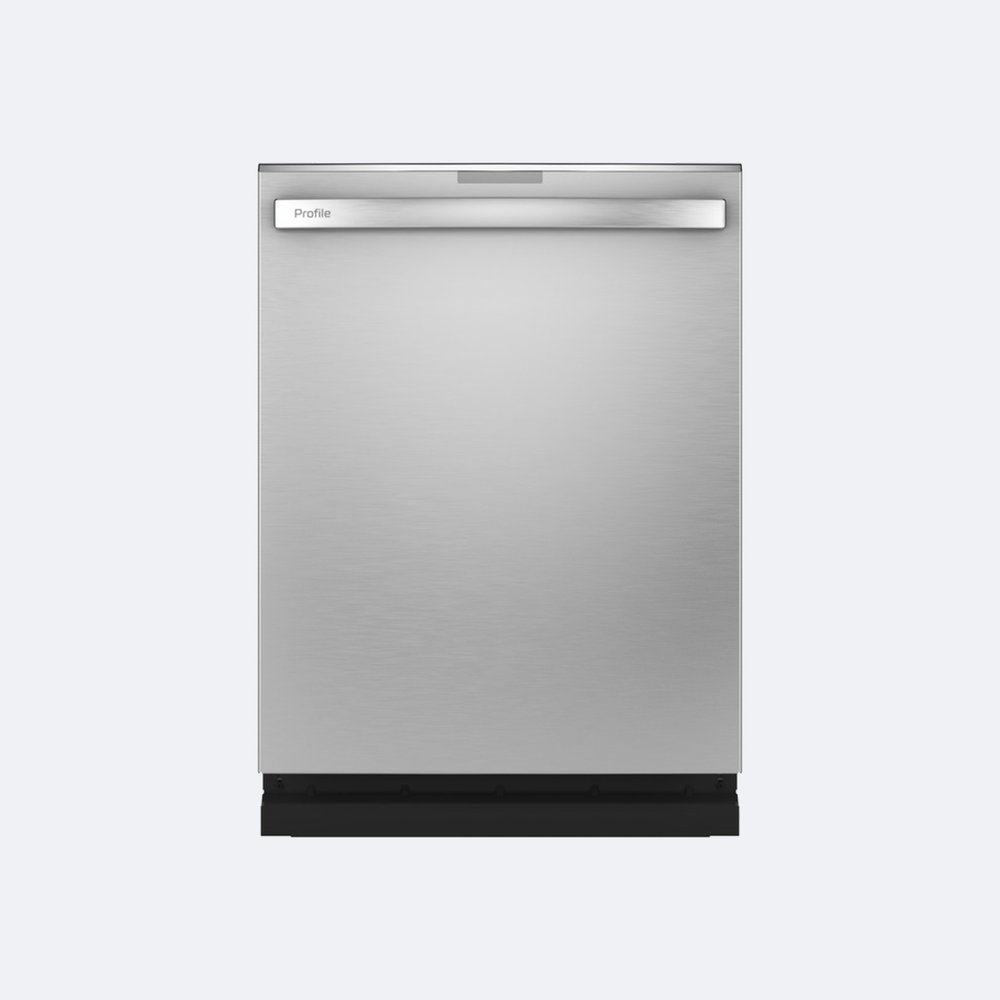
Retrofitting your home with more efficient appliances can drastically diminish your overall energy expenditure. Older models of stoves, refrigerators, washers and dryers may still be operational, but they can also contribute significantly to your energy costs. Modern appliances come with smart features designed to reduce energy waste. For instance, a smart washing machine can adjust the water amount based on the weight of the clothes and a smart refrigerator can tailor its cooling process to the amount and type of food stored. In addition to these features, opting for electric appliances, such as replacing gas stoves with efficient induction cooktops, can help further reduce emissions and long-term energy costs.
What should you look for when replacing appliances?
Finally, when upgrading, it's important to dispose of old appliances responsibly. Engage with local waste management services and retailer recycling programs for advice on recycling appliances correctly. Proper disposal helps prevent the release of hazardous substances that can leach into the soil and water supply and helps to ensure valuable materials are conserved.
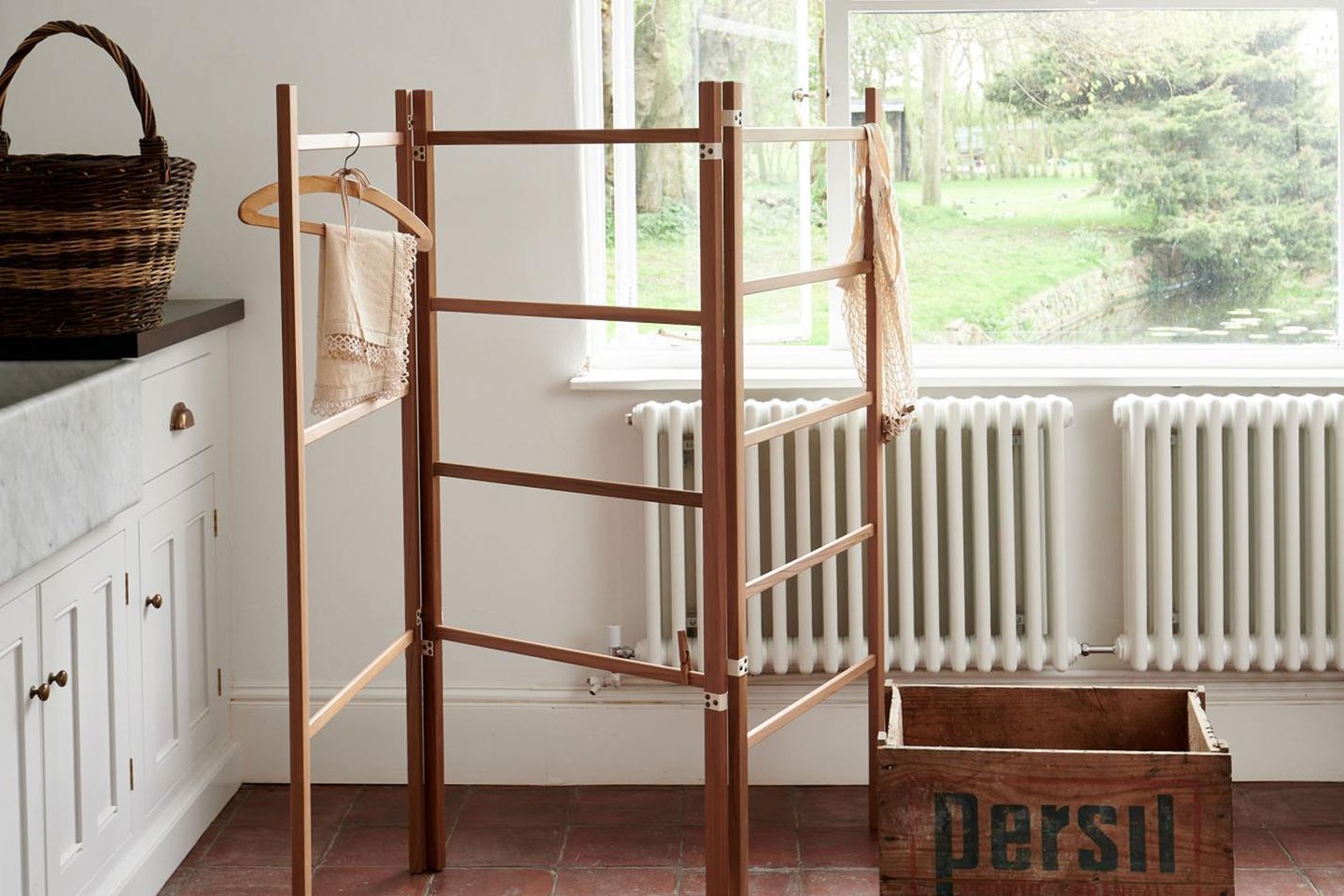
Small changes are easy to implement, and their collective impact on energy conservation can be immense. While making tangible improvements to your home and the way it operates is a significant stride towards efficiency, it is our behavior and habits that will shape the larger picture of planetary and human health.
These are some meaningful daily habits that can help support the energy efficiency updates you make in your home:
In our next installment, we'll examine specific heating and cooling solutions, the effectiveness of insulation, the benefits of energy-efficient windows, methods for sealing drafts, the concepts of passive design and government incentives that promote energy efficiency. Stay with us to explore these important aspects and their role in making your home more sustainable.
Photography: Tala, Crestron, Fisher & Paykel, Pablo Veiga, GE, deVOL

4 min read
Discover the impact of optimizing your home's temperature, humidity and airflow on your overall health.
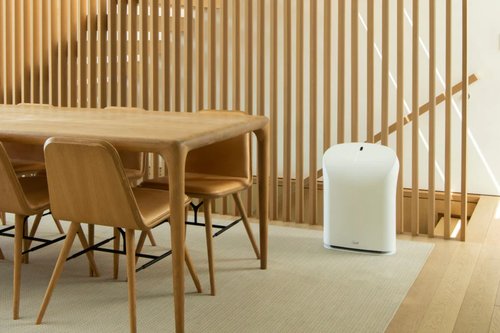
3 min read
WLLW looks at the best air purifiers on the market, to improve your indoor air quality at home.